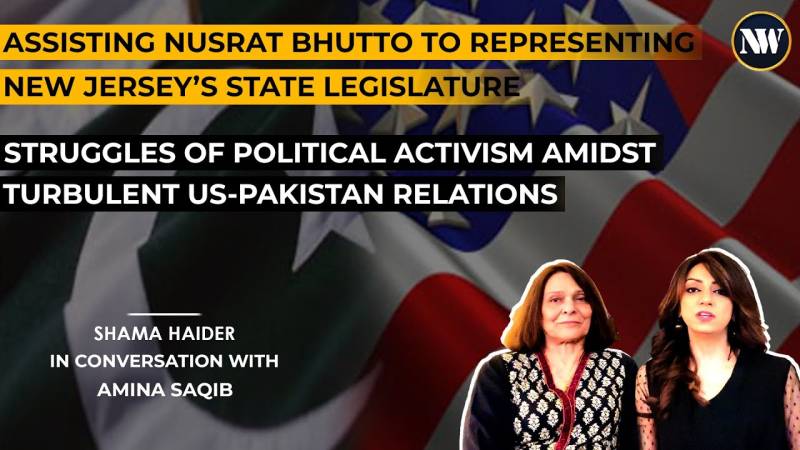A recent enlightening conversation between a prominent community leader and a perceptive interviewer delved into the intricacies of political engagement, representation, and the power of fostering cross-cultural relationships. This dialogue not only highlighted the importance of active participation in the democratic process but also underscored the potential for individuals to bridge divides and create a more inclusive society. This article explores the key insights from this engaging discourse and examines how individuals, regardless of their cultural origins, can play an active role in empowering their communities.
At the heart of the conversation was an essential truth: genuine passion serves as the driving force behind meaningful change. The community leader, who navigated political landscapes both in Pakistan and the United States, stressed that true transformation begins with unwavering dedication and a sincere desire to make a difference. This sentiment holds particular significance for marginalized communities aiming to find their voice within political spheres. By advocating for causes that resonate deeply and actively participating in the democratic process, individuals have the power to influence policies that address the unique needs of their communities.
A compelling example arose from the advocacy for the establishment of Muslim Heritage Month in the United States. Collaborating with fellow advocates, the community leader demonstrated the remarkable impact of collective action. Through her efforts, the bill received support and successfully passed, illustrating the potential for representation to effect positive change in policy outcomes.
The conversation pivoted to the critical role of representation in fostering inclusivity and creating spaces for marginalized communities. The community leader highlighted the strides made by her district's Muslim community, particularly in Bergen County, New Jersey. Initiatives such as Ramadan lighting and communal iftar gatherings provided opportunities for the Muslim community to introduce themselves to their neighbors and cultivate understanding. This emphasis on representation not only dismantles stereotypes but also nurtures mutual respect among diverse groups.
A deeper exploration into the dialogue revealed the significance of dual identity—an amalgamation of being both an American citizen and a member of a specific cultural or religious group. The community leader stressed the importance of affording younger generations a platform to embrace their unique heritage while actively participating in the broader American experience. This dual identity fosters a sense of belonging and bolsters a collective identity within the community, paving the way for a more inclusive and harmonious society.
A recurring theme throughout the conversation was the potency of personal connections in transcending geopolitical tensions. While international relations may fluctuate, the bonds between individuals from different backgrounds remain steadfast. The community leader recounted her experiences of forming friendships and alliances with people of varied nationalities, highlighting the shared values and experiences that unite individuals despite political differences. These personal relationships, as illuminated by the conversation, serve as a powerful tool for cultivating empathy, deepening understanding, and ultimately contributing to global harmony.

